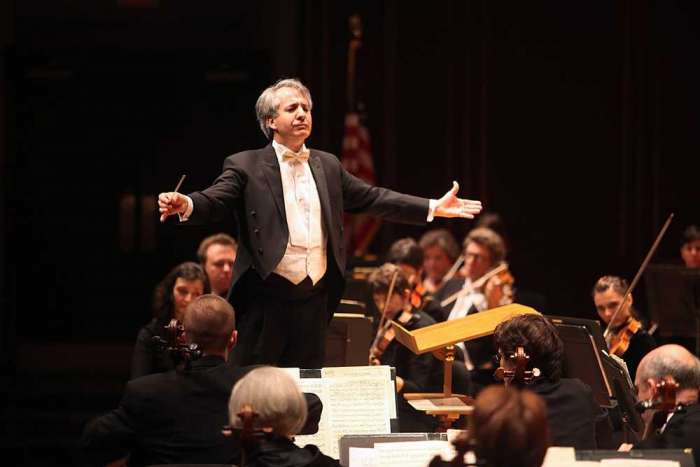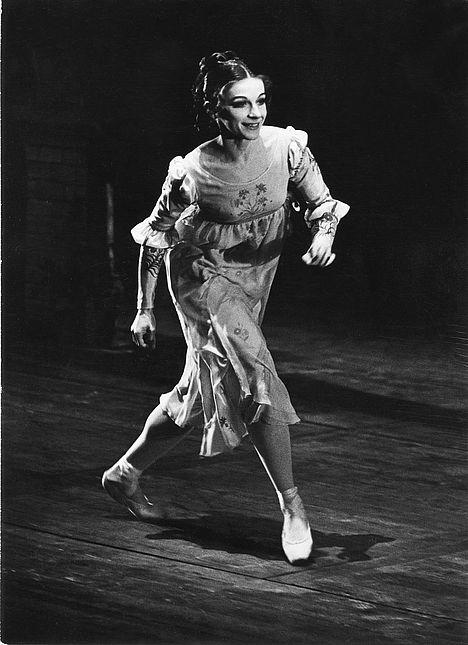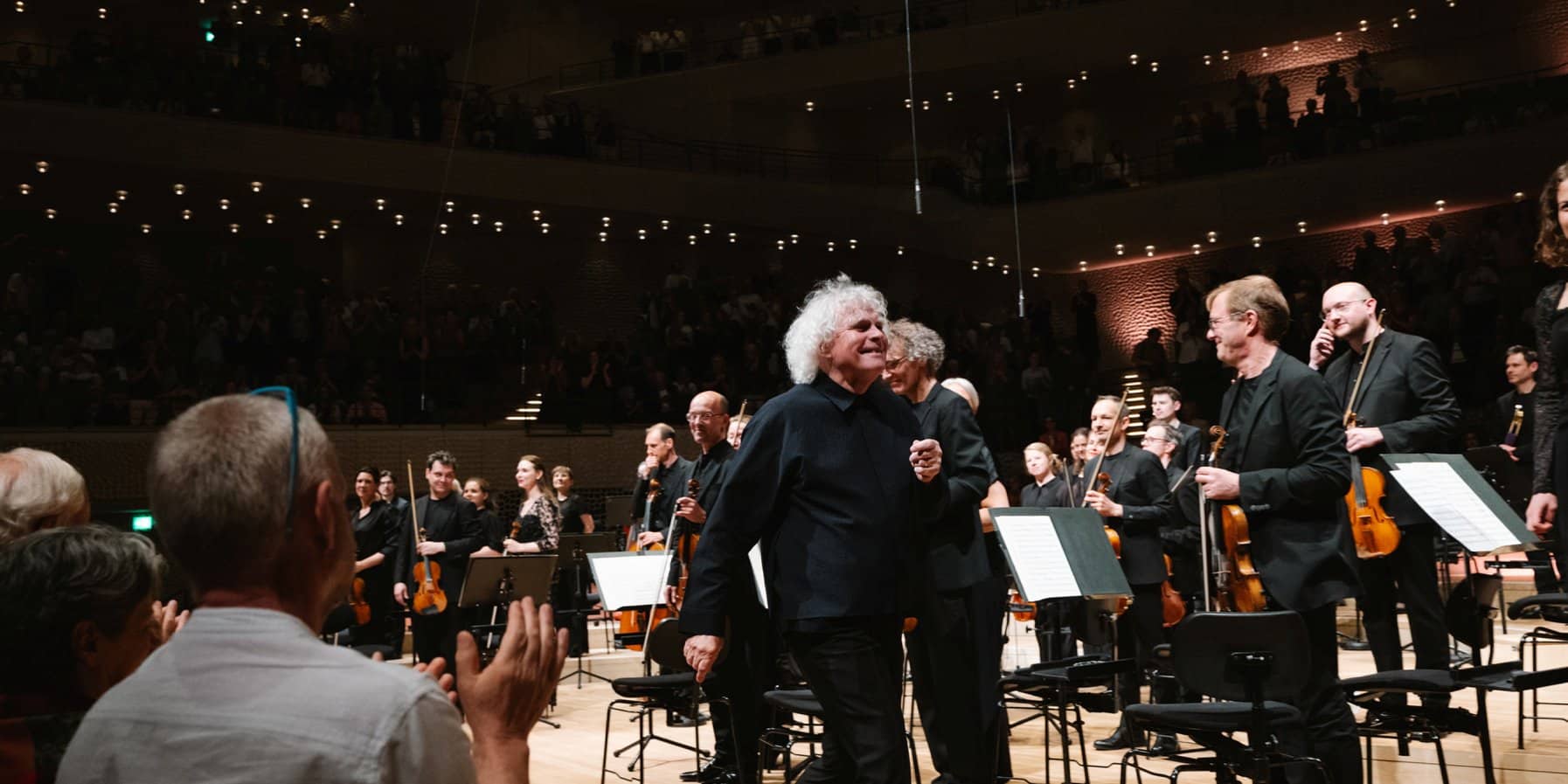US Orchestra awards musicians 19% pay rise
mainIt’s the Jacksonville Symphony, and they have reached agreement eight months before contract expiry. They are also increasing the number of concert weeks from 35 to 40.
Here’s the small print:

Jacksonville, FL (January 26, 2017)– Robert Massey, President and CEO of the Jacksonville Symphony and Peter Wright, President of Local 444, American Federation of Musicians, announced the ratification of a five-year collective bargaining agreement between the Symphony Association and Union. The contract was ratified both by the Symphony Association’s Board of Directors and the musicians of the Jacksonville Symphony on Wednesday, January 25, eight months in advance of the expiration of the current contract.
Prior to the current agreement, the Symphony Association had been plagued by years of operating deficits which threatened the organization’s survival. Today, the Jacksonville Symphony is a very different organization. The early renegotiation of this agreement heralds a new dynamic relationship between the Symphony Association and its musicians, leaving behind an era often marked by serious disputes as well as significant sacrifices by the musicians.
With this new contract, the Jacksonville Symphony season will expand from its current 35 weeks to 38 weeks during the 2017-2018 season, 39 weeks in the 2018-2019 and 2019-2020 seasons, and finally 40 weeks beginning in the 2020-2021 season. The Symphony is also adding to its roster, increasing the number of full-time musicians from 53 to 60. Musicians’ weekly salaries will increase 19% over the term of this agreement, and with the added weeks, annual salaries will rise 37%, greatly increasing the Symphony’s ability to recruit new musicians and more importantly, retain the extraordinary musicians that currently grace its roster.
With this contract also comes innovative ways to engage the community, extend the Symphony’s reach, and deepen impact. By maximizing operational efficiency, the Symphony’s annual expenses will increase on average 4.8% per year for the next five seasons, which aligns with its strategic plan adopted in 2016.





Considering the serious financial problems they’ve had for many years, this is a “disaster waiting to happen.” How can a market with a metro area of 1.4 million people support a 40 week orchestra and why should it? Yikes.
“Why should it?” Are you seriously asking that question? Perhaps it should in order to set goals toward which to strive. Perhaps it should in order to start a recovery from a string of previous setbacks. This orchestra did already have higher salaries and a longer season than it currently offers, only to be thwarted by a nationwide economic downturn. If it would like to restore that former standing and sees enough promise in being able to do so to negotiate these terms as goals for the next five years, why should you dismissively denigrate this effort?
I am puzzled why you think a “metro area of 1.4 million” is too small for a full time orchestra. I would have thought this is comfortably enough.
Like I said, there have been “a string of previous setbacks” which is a fancy way of saying serious financial problems. Sure the economic downturn (2008) would have affected Jacksonville, like many others but one must assume that there were other problems. (You used the plural version — “setbacks.”) I’m not pointing the blame at any one person or persons.
Ask yourself this: (1) will they sell 19% more tickets; (2) will they increase contributions 19%; (3) will they have to raise ticket prices 19% to pay for the new CBA? I suppose (1) and (2) are possible but are they probable? I doubt anyone wants to see ticket prices raised 19%.
Why not a combination of the three? The entire improvement need not be either/or, from only a single category. As Bruce noted below, the full term of the contract may not be fulfilled, but even if only the first two or three years occur as negotiated, is that not an improvement in itself? The overriding pessimism that pervades your remarks will certainly not make things improve, so perhaps the fact that they are striving for something will energize the era of their new music director. That would still be better than giving up before they even try.
Great news, but I’ll believe it in 5 years.
My orchestra negotiated a 4-year contract (2006-10) with comparable increases, which then froze after the first two years. Salaries stayed at that 2008 level for 4 years, at which point, after a labor dispute in 2012 that the musicians lost, returned to pretty much the original 2006 levels. We are just about back up to 2007-08 levels, but who knows what will happen.
Smaller city, smaller orchestra, and smaller numbers; but similar things have happened in bigger places too.
Answers from the local guy:
1.) The musicians were already at a low base <40K / yr. average.
2.) All ushers & chorus are volunteers.
3.) Conductor's club minimum went from $1500 to $2500.
4.) Local municipal & corporate support.
5.) Better attendance, new conductor, better management.
6.) Never a losing season, unlike local NFL team ( Jaguars.)